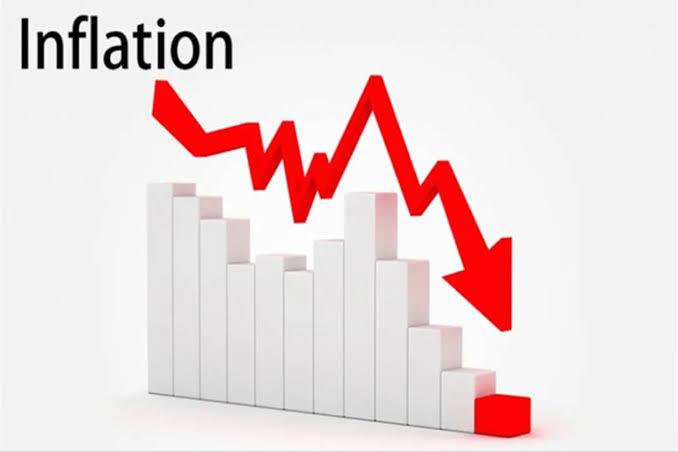The Impact of Nigeria’s CPI Rebasing on Investment Decisions
Nigeria’s recent rebasing of its Consumer Price Index (CPI), a crucial measure of inflation, has sparked discussions about its potential impact on investment decisions, particularly within the capital market. The rebasing, which involves updating the methodology and basket of goods used to calculate inflation, resulted in a significant drop in the reported headline inflation rate from 34.80% in December 2024 to 24.48% in January 2025. This substantial decrease has raised questions about the true reflection of inflationary pressures and how investors will interpret and react to this adjusted figure.
While the rebasing exercise is a standard practice recommended every five years, Nigeria’s previous rebasing occurred in 2014, suggesting a delay in capturing evolving consumption patterns and economic realities. This delay potentially masked the actual extent of inflationary pressures until the recent adjustment. The core of the debate revolves around the weighting of various components within the CPI basket, especially food. Experts like David Adonri, CEO of Highcap Securities, express concerns about the significant reduction in food’s weighting, questioning whether it accurately reflects the true impact of food prices on the cost of living for Nigerians. This skepticism underscores the importance of transparency and robust methodology in CPI calculations to maintain investor confidence.
The potential implications of this rebasing on investment decisions are multifaceted. One key area is the potential shift in investment preferences from debt instruments to equities. Previously, high inflation rates drove investors towards higher-yielding debt instruments as a hedge against eroding purchasing power. However, the rebasing-induced drop in inflation, if perceived as credible and sustainable, could reduce the attractiveness of debt, potentially leading investors to seek higher returns in the equity market. Adonri suggests that foreign portfolio investments, which were previously drawn to high-yielding Nigerian debt, could see an exodus if yields decline, prompting a shift towards equities. This potential reallocation of capital could have significant implications for both the debt and equity markets, influencing liquidity, pricing, and overall market dynamics.
However, the extent of this shift remains uncertain and depends on several factors, including investor confidence in the new CPI methodology, the overall economic outlook, and prevailing sovereign risks. Teslim Shitta-Bey, Chief Economist at Proshare, presents a contrasting perspective, arguing that the rebasing is unlikely to significantly impact foreign inflows or monetary policy. He emphasizes that the rebasing was anticipated, and its impact on inflation was already factored into projections. Furthermore, he highlights the existing tight monetary policy stance adopted by the Central Bank of Nigeria (CBN) to combat high inflation and suggests that this stance is likely to remain unchanged in the short term.
The divergent views highlight the complexity of assessing the rebasing’s impact. While a shift from debt to equities is a plausible scenario, its magnitude and timing remain uncertain. Investors are likely to carefully evaluate the sustainability of the lowered inflation figures, considering both the rebasing methodology and the broader economic context. The CBN’s monetary policy response will also be a critical factor influencing investor behavior. A continued tight monetary policy, as anticipated by Shitta-Bey, could maintain the attractiveness of debt despite the rebasing-induced drop in inflation, while a loosening of policy could further incentivize a shift towards equities.
Ultimately, the interplay between the rebasing’s credibility, investor perceptions, and the CBN’s monetary policy will determine the long-term impact on investment decisions. The market’s reaction will be a gradual process as investors assess the reliability of the new CPI figures and the overall direction of the Nigerian economy. While a shift towards equities is possible, it is not guaranteed. Continuous monitoring of market trends, investor sentiment, and policy decisions will provide a clearer understanding of the rebasing’s true impact on Nigeria’s capital market. The government and the NBS will need to communicate effectively about the rebasing methodology and its implications to build investor confidence and foster stability in the financial markets. This transparency is crucial for attracting both domestic and foreign investment and promoting sustainable economic growth.


